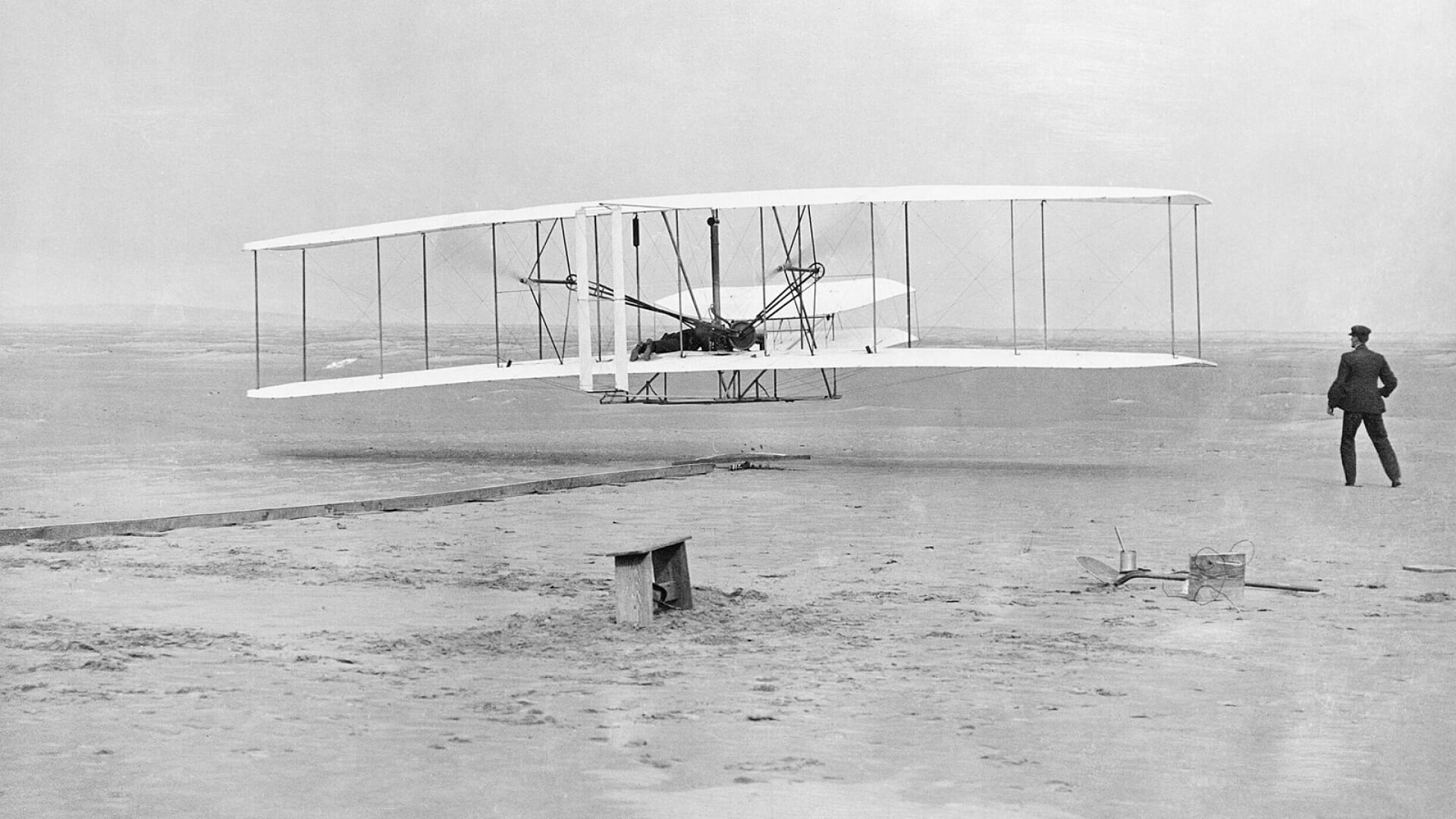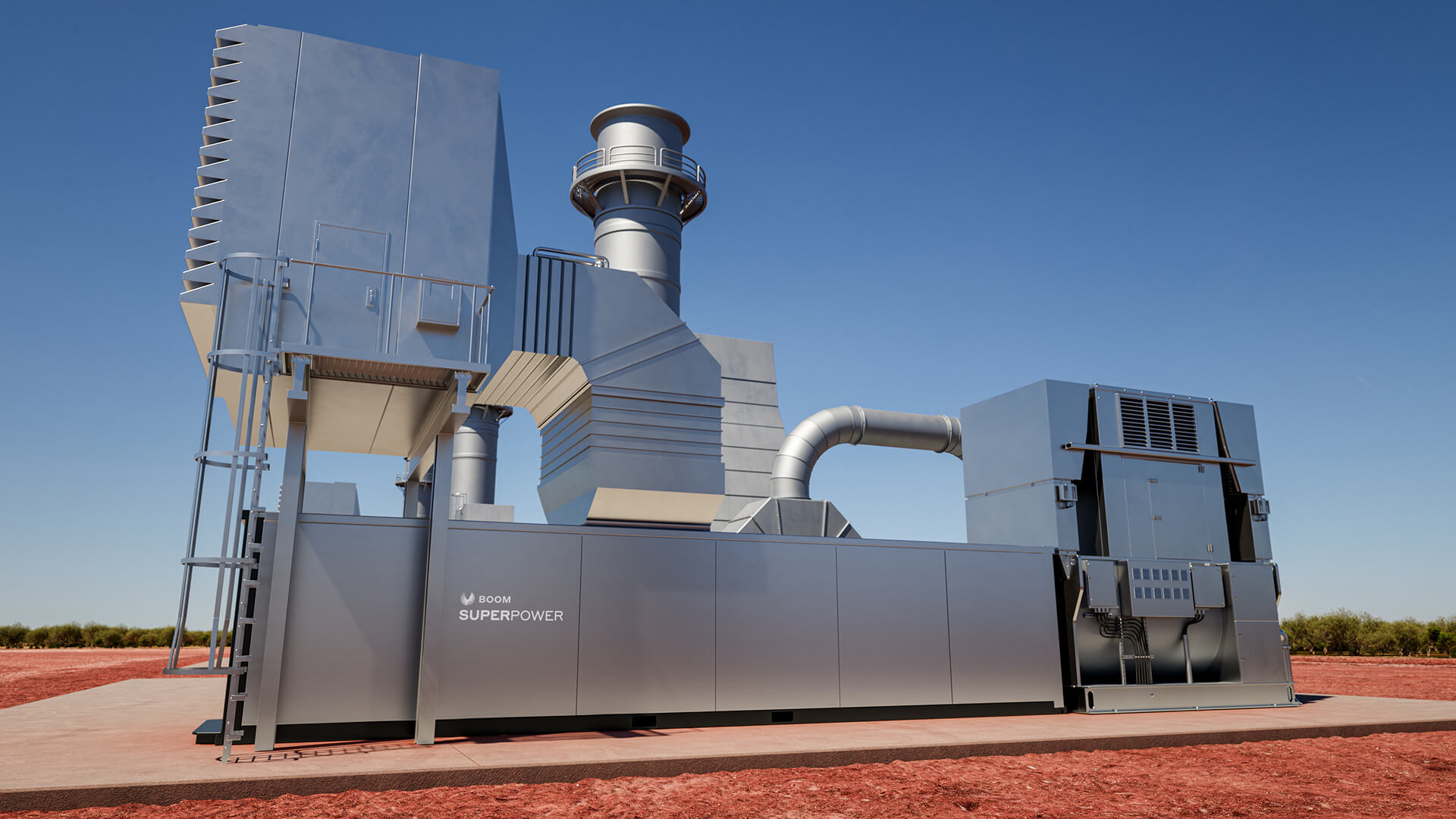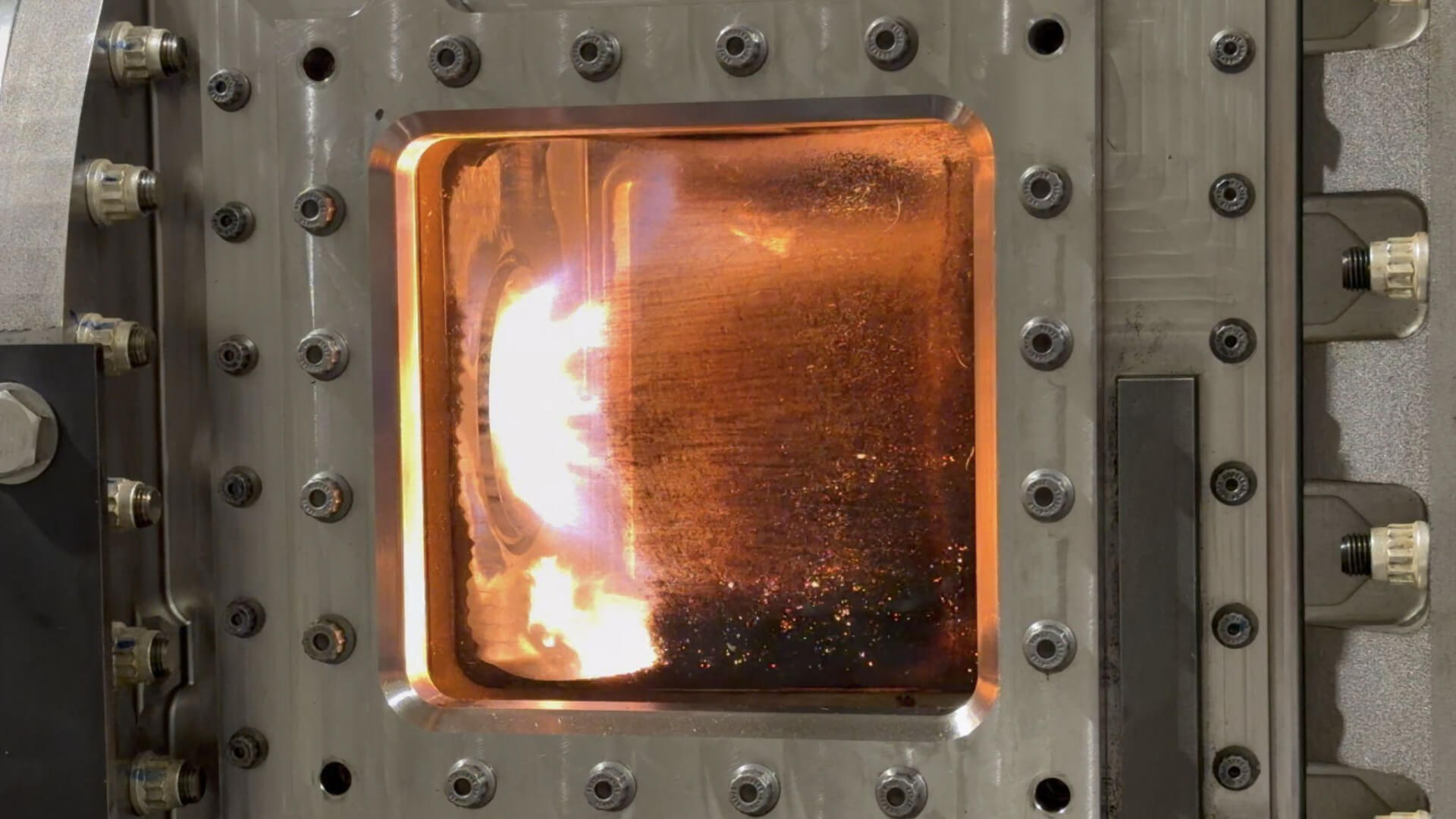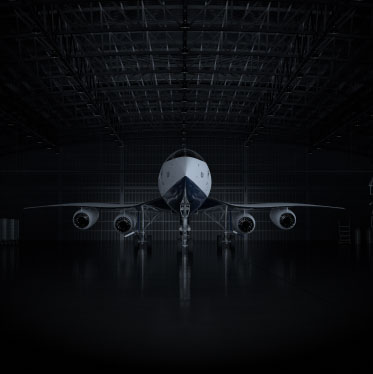You think you have a bad commute? When movie producer Brad Fuller was working on the historical adventure series Black Sails (STARZ), he was flying back and forth from Los Angeles to Cape Town for 6 months straight. Staying in South Africa for three week stints, he’d take a 10 hour flight from Los Angeles to London, sit in London for a 7 hour layover, and then head off on another 12 hour flight to Cape Town.
29 hours. That’s how long it would take Fuller to get to work.
“The most daunting experience was when I had to leave my family,” he said during a recent interview with Boom. “It was just brutal. And I loved Cape Town, but it was daunting to get to that location and then it would take a week to recover.”
On Overture, overseas trips will cut travel time in half, making the world dramatically more accessible for business and leisure travelers alike.
So Boom asked Fuller, how would the supersonic age and the introduction of Overture change the film and TV industry?
“It would change everything,” he said.
“Time spent not traveling is time spent solving problems,” Fuller said, which has been a theme throughout his impressive career.
After seeing The Poseidon Adventure in theaters at 7-years-old, Fuller knew he wanted to produce films. Looking in wonder on the screen, he couldn’t believe a producer could turn an ocean liner upside down.
His childhood friend and mega-producer/director Michael Bay (Transformers franchise, Teenage Mutant Ninja Turtles, Armageddon) were both students at Wesleyan University. In the early 2000s Fuller, Bay, and Andrew Form founded Platinum Dunes, where they specialize in the horror movie genre. Think: The Purge and A Quiet Place. Fuller is also the producer of Tom Clancy’s Jack Ryan, the action series streaming on Prime Video.
Though being a movie producer is not all glitz and glamor — it’s a lot of time spent in the air, not on the ground, where the real work is being done. Working remotely doesn’t do the trick for Fuller, who said having a call with a colleague after shooting wraps for the day doesn’t do much good — other than learning about decisions he would have made differently. At that point, it’s likely too late to make any real impact.
“I listen and I’ll try to help, but there’s no solution for a problem that’s already been solved and moved on from,” he explained.
Fuller finds it difficult to do impactful work while at 35,000 feet. “The less time spent in the air the better” he said. “So much of that time flying is not as productive compared to when I’m in the office talking to the director or the writer. It’s so hard to communicate on flights, especially when the Internet is often spotty. You’re so isolated in the air.”
Fuller said he feels this impact the most when he’s coming into the first week of production on a new project.
“It’s 24 hours a day, 7 days a week during this time,” he said. “It’s always unpleasant and anxiety-provoking when you’re out of touch for a long period of time, en route to the filming location.”
As a producer, travel factors into everything Fuller does, a critical consideration before any filming location decision is made. Not only does the location need to be accessible for the production team and crew, but also the actors — who, if they are in high demand, are likely working on multiple projects at once.
“Every day is valuable with actors in demand,” he emphasized, recalling a moment when a project timeline changed, as so often happens, extending the amount of time an actor needed to be on set filming.
“They ended up missing a premiere for another movie and the actor was really unhappy,” Fuller said. “Currently, you can’t speed up the time it takes to get from place A to place B.”
He often comes back to the Black Sails example and how much time was wasted in the air, not communicating with his team.
“I thought it would be easy for me to catch up on sleep, but I was never able to do it in the right way,” he said.
Currently, he is considering shooting a film in Serbia.
“We can make the movie in Serbia for less money than we could in the United States. But I was talking to the director and he said, ‘every time I have to go there it’ll be 18 hours and I definitely am not into that,’” Fuller said. “We were saying that maybe the extra expense to shoot the movie in New Mexico or Utah might be worth it because the travel time is not as daunting.”
Travel is something that factors into Fuller’s plans every single day on every single project he produces. But what’s the one thing he always comes back to when making these decisions?
“Anytime you can cut down on travel, it’s better.”
Rapid fire Q&A:
Q: Aisle or window? A: I like a window but I hate stepping over someone so … aisle
Q: Red eye or mid-day flights? A: Mid-day
Q: Hotel or Airbnb? A: Hotel
Q: Favorite aviation-themed movie? A: Airplane!
Q: Favorite international city? A: Cape town or Capri
Q: Best trip you’ve ever taken? A: Took the kids to the Galapagos and on a safari in South Africa
Q: Coolest place you’ve gone for work? A: Cape town
Q: Where would you go first on Overture? A: Cape town







